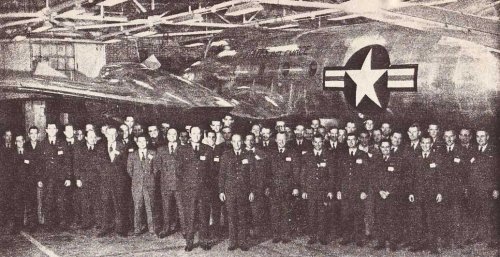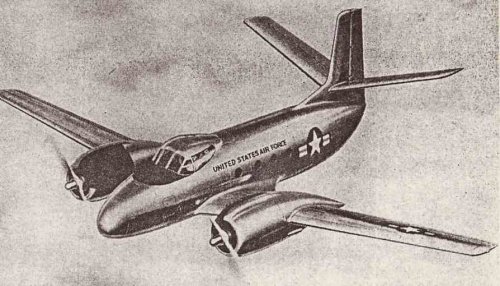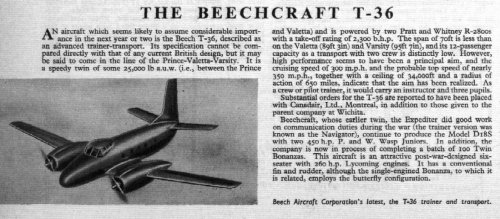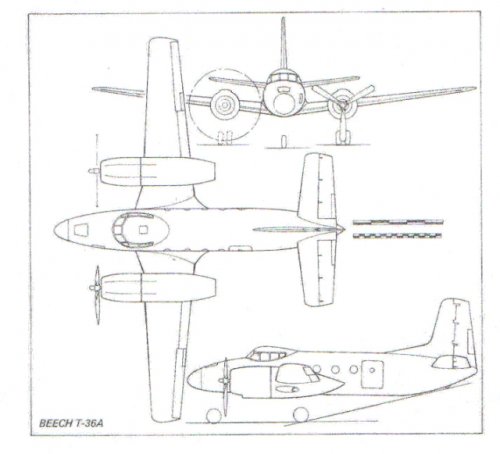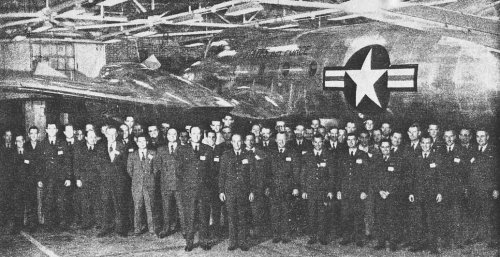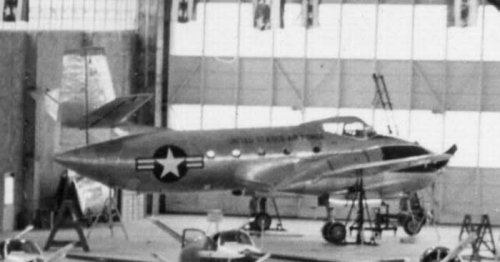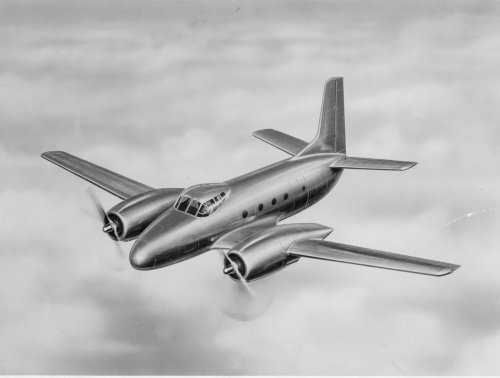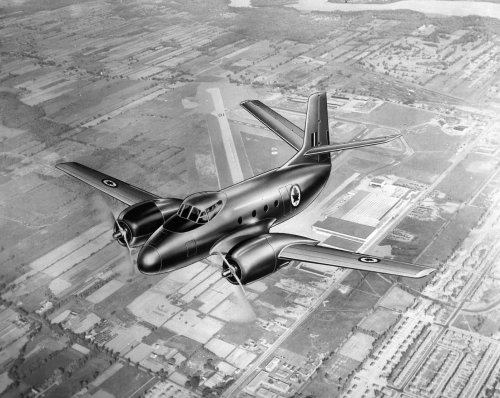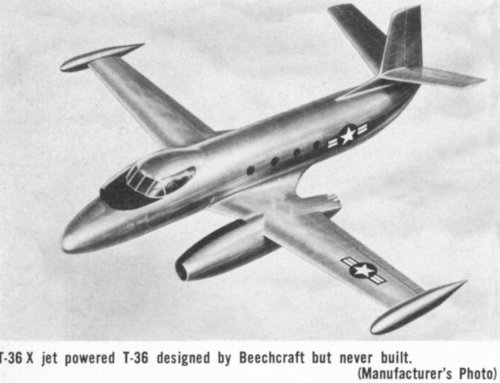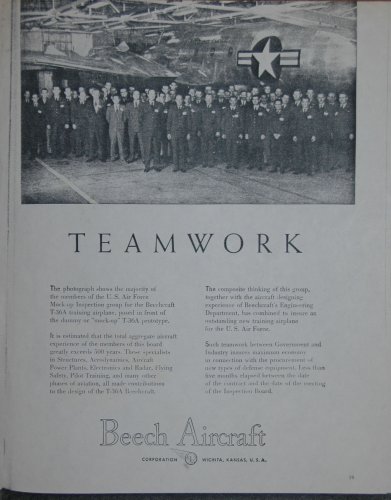EEP1A
ACCESS: Restricted
- Joined
- 27 November 2006
- Messages
- 36
- Reaction score
- 9
My second post is regarding Beech T-36A, a twin-engine trainer-transport in the early 1950’s. According to ‘Aerofiles’, ‘Two 2300hp P&W R-2800; span: 70'0" length: 52'2". Gross wt: 25,000 lb. Intended to replace C-45s in Air Training Command, a batch of 195 aircraft was ordered, but canceled June 1953 when the first flight of the prototype was a matter of only hours away. 2 built as T-36A, but neither was flown. ‘
This photo was taken at the USAF mock-up inspection of T-36A.
For reference the well known drawing of T-36A is also included.
Anyone has photo of the un-flown prototypes?
This photo was taken at the USAF mock-up inspection of T-36A.
For reference the well known drawing of T-36A is also included.
Anyone has photo of the un-flown prototypes?

